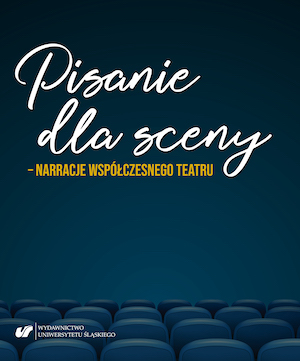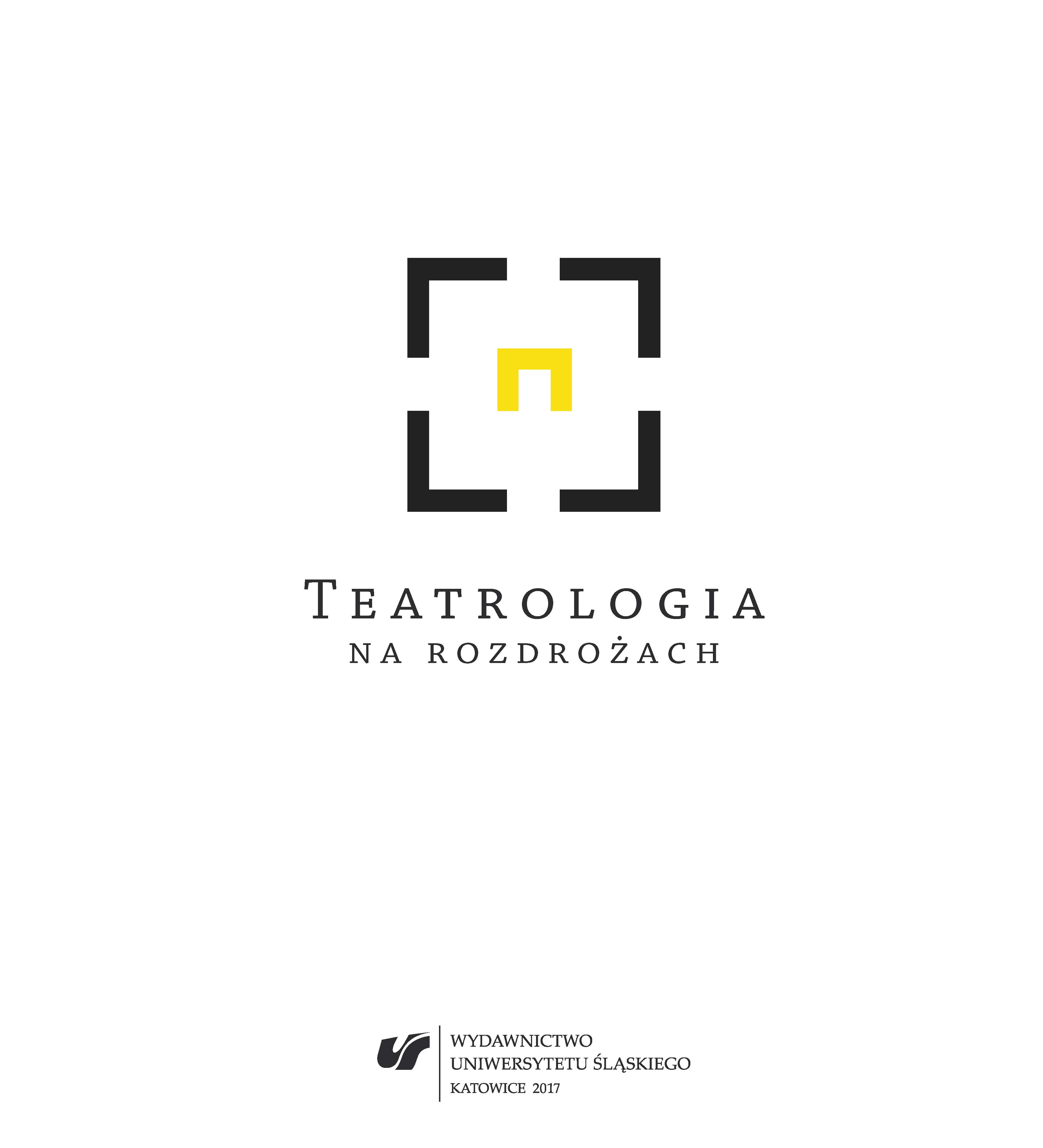
Od „pisania na scenie” do „jednorazowej dramaturgii”
Practices called by Konstanty Puzyna “writing on the stage” not only initiated a new moment in Polish theatre; but were also related to a particular mode of practicing theatre: connected with a particular human team; working without a “pre-text” and; most importantly; treating performances as personal; yet public expressions. The term coined by Puzyna is a variation on what in western European terminology is called “collective creation.” Puzyna and many other theoreticians researching this kind of theatrical work saw in these avant-garde practices a new opportunity for theatre; its closer contact with the world of everyday; real experience.The main problem discussed in the text is the way in which these counter-cultural practices moved to and found themselves in mainstream theatre. In doing do; they have simultaneously undermined a significant; it would seem; conviction that a dramatic text is timeless; universal; suitable as a starting point for many performances differentiated only by “disposable drama.” The author locates this phenomenon in the context of history of theatre and theoretical reflections on the transience of theatre. Has “disposable drama” in this way become the embodiment of the essence of theatre?
More...
